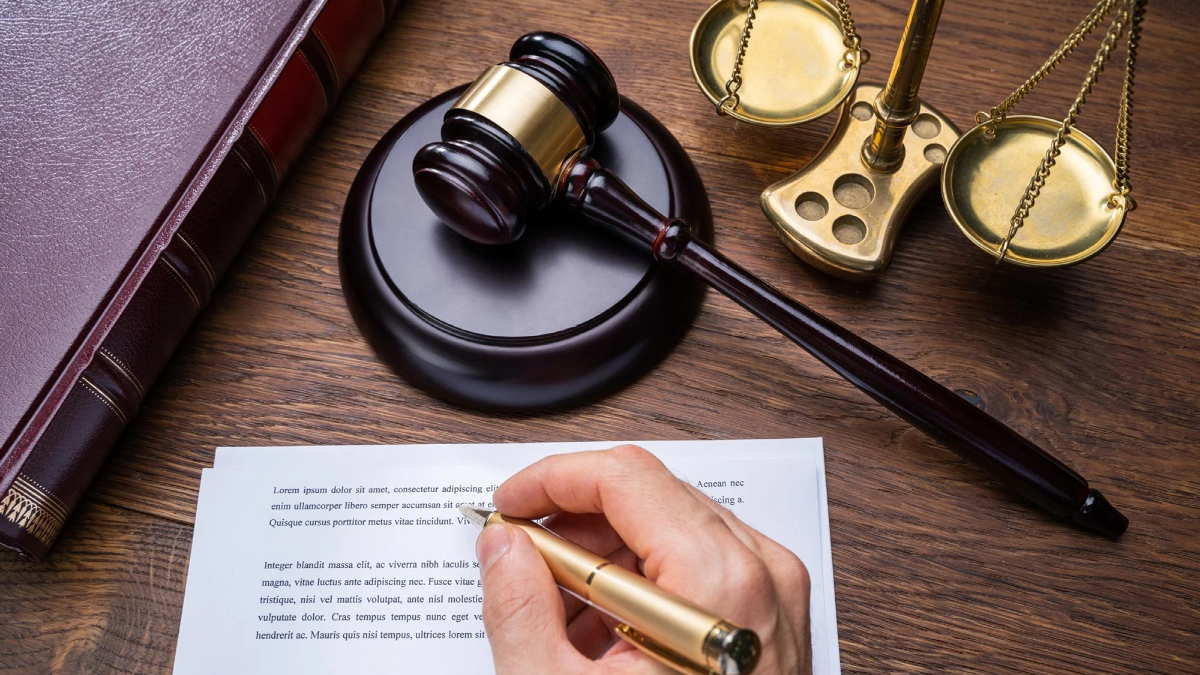An Overseas Filipino Worker (OFW) who has spent three decades working abroad and acquired multiple properties in the Philippines is planning to donate one of these properties to a close family member. The OFW, identified as Isay, expressed the intention to transfer ownership of a house and lot located near a school in Metro Manila to her favorite nephew, who recently graduated from high school and is set to pursue further studies in the city.
As she is unmarried and without children, Isay wishes to secure her nephew’s future by legally transferring the property to him. To ensure the legality of this transaction, she sought guidance from the Public Attorney’s Office (PAO), specifically asking about the procedures required for such a donation.
In response, Persida Acosta, the Chief of PAO, outlined the legal process under Philippine law. Acosta, in her daily column on The Manila Times, referred to Article 725 of the New Civil Code, which defines a donation as “an act of liberality whereby a person disposes gratuitously of a thing or right in favor of another, who accepts it.”
Acosta emphasized that for the donation of immovable property, such as a house and lot, to be legally binding, it must be documented in a public deed that clearly specifies the property being donated. The law also mandates that the intended recipient, or donee, must formally accept the donation. This acceptance can either be included in the same deed of donation or documented separately, but it must occur during the lifetimes of both the donor and the donee.
Moreover, the donation is generally irrevocable once accepted, making the donee the absolute owner of the property. However, Acosta cautioned that there are exceptions where the donation could be revoked, such as in cases of ingratitude or if the donee fails to meet any conditions imposed by the donor.
Acosta concluded by advising Isay to ensure all legal requirements are fully met to make the donation valid and effective. “These formal requirements in the preparation and execution of a deed of donation must be fully observed for there to be an actual valid donation,” Acosta noted.






